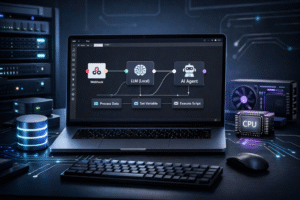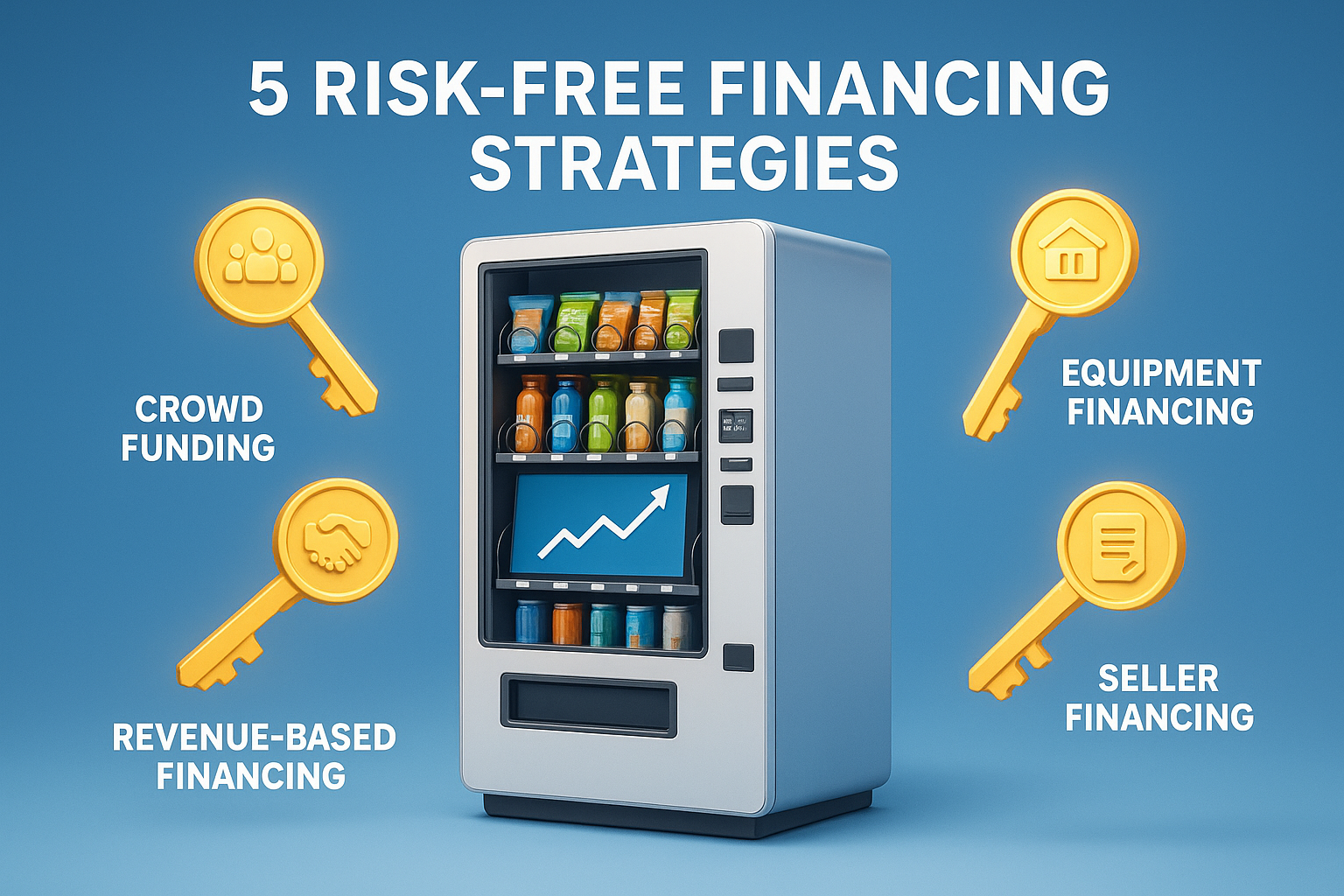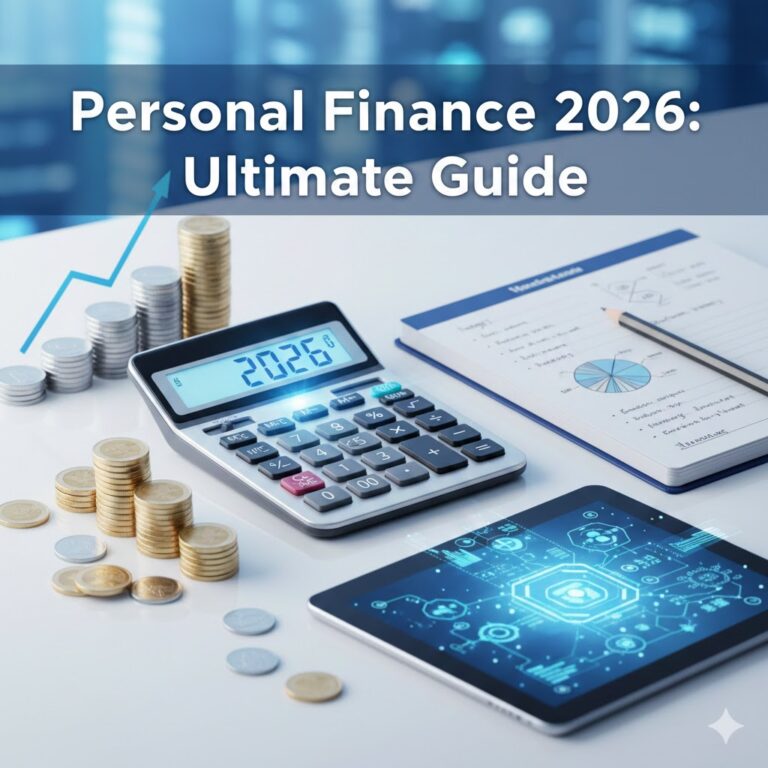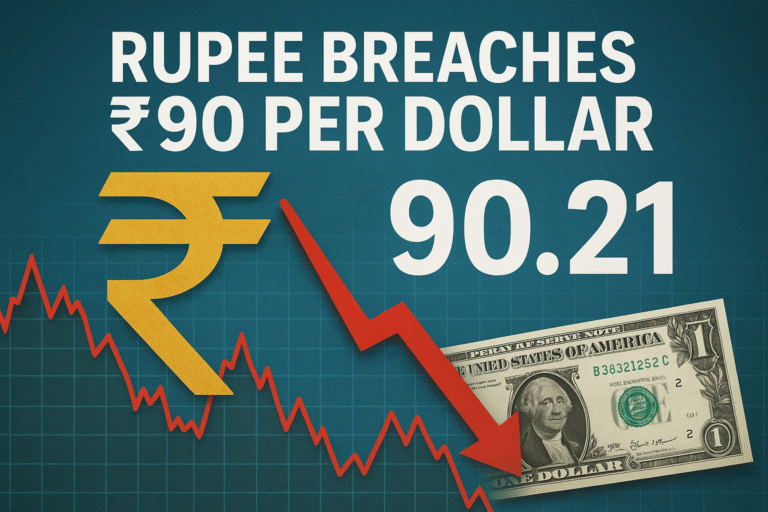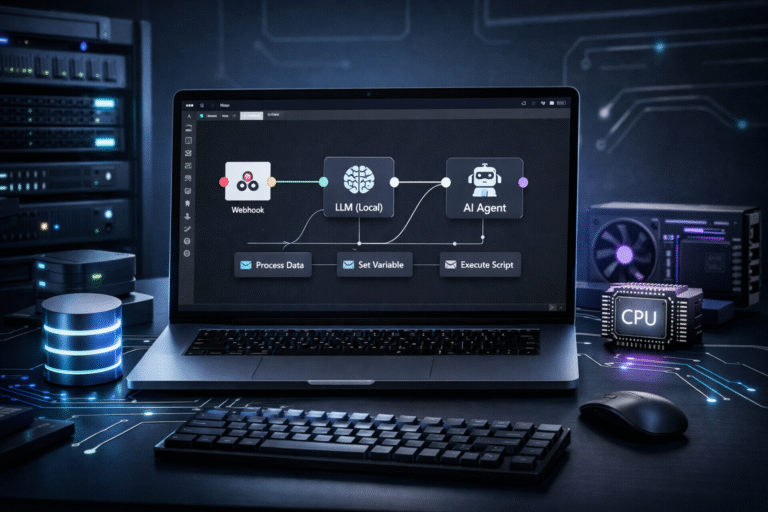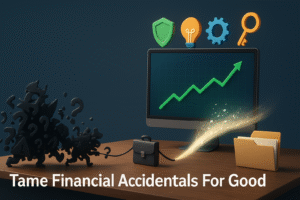Vending machine business financing is the cornerstone of launching and growing a profitable automated retail operation. The global vending machine market is projected to reach new heights, making 2025 an ideal time to enter this industry. However, the biggest hurdle for most aspiring entrepreneurs isn’t the concept—it’s acquiring the initial capital to purchase machines, stock inventory, and secure prime locations without endangering their personal financial well-being.
Smart financing isn’t just about getting cash; it’s about structuring your venture to be secure, scalable, and built on a foundation that separates personal and business liabilities. This guide will walk you through five proven strategies to achieve exactly that.
Why Traditional Vending Machine Business Financing Can Be Risky
Many new business owners make the critical mistake of funding their startup using personal savings or high-interest personal credit cards. While this can be a quick solution, it intertwines your personal financial health with the success of your new business. If the venture faces unexpected challenges—like a machine needing major repairs or a prime location falling through—your personal credit score and assets are directly on the line.
This approach often stems from a lack of awareness about the specialized and secure vending machine business financing options available. The goal is to find funding solutions that allow you to protect your personal assets while building your business credit and empire.
Strategy 1: Equipment Leasing and Loaning
For most operators, the vending machines themselves are the single largest startup cost. Equipment financing is a powerful tool specifically designed to address this.
-
How it Works: This type of loan uses the equipment you’re purchasing (the vending machine) as collateral. This means the lender has a claim on the machine if you default, not on your house or personal savings. This significantly reduces the risk to your personal assets.
-
Benefits: These loans often require a lower down payment (sometimes as low as 10-20%) and offer fixed, predictable monthly payments. This preserves your working capital for other critical expenses like inventory, permits, and marketing.
-
The Leasing Alternative: Leasing is another fantastic option. You effectively rent the machine for a fixed period with monthly payments. At the end of the lease, you may have the option to buy the equipment for a reduced price. Leasing requires even less upfront capital and can sometimes include maintenance services, making it a truly hands-off financial solution.
Strategy 2: Small Business Administration (SBA) Loans
SBA loans are among the most sought-after vending machine business financing options because they offer favorable terms and lower interest rates. The SBA doesn’t lend money directly but guarantees a portion of the loan issued by a partner bank or lender, making them more willing to approve small businesses.
-
Why They’re Great: SBA loans typically offer longer repayment terms (often up to 10 years for equipment), which keeps monthly payments manageable. They also have competitive interest rates compared to unsecured loans.
-
The Application Process: Be prepared for a thorough application. Lenders will scrutinize your personal credit score (aim for 680+), business plan, and financial projections. A well-crafted business plan is non-negotiable here, demonstrating your market research, operational strategy, and realistic profitability forecasts.
Strategy 3: Exploring Vendor Financing Programs
Many vending machine manufacturers and distributors want to sell their equipment. To facilitate this, they often have in-house or partnered vending machine business financing programs, known as vendor financing.
-
How it Helps: These programs are designed to be accessible. The vendor has a vested interest in getting you approved so you can buy their machines. Terms can be more flexible than with a traditional bank, and the approval process is often faster because they understand the industry’s value.
-
Franchise Models: If you’re considering a franchised vending operation like PizzaForno, financing is often a core part of their turnkey package. They have established relationships with lenders and can guide you through the process, sometimes offering exclusive rates or terms.
Strategy 4: Business Lines of Credit for Cash Flow
A business line of credit is less for large equipment purchases and more for managing the ongoing operational costs of your vending machine business financing needs. Think of it as a financial safety net.
-
Operational Flexibility: Once approved, you have access to a pool of funds up to a certain limit. You only pay interest on the amount you draw. This is perfect for:
-
Covering unexpected repair costs.
-
Restocking inventory before a busy weekend.
-
Seizing an opportunity to place a machine in a new location without waiting for cash to accumulate.
-
-
Smoothing Out Cash Flow: Vending income can be seasonal or variable. A line of credit ensures you always have capital available to keep your business running smoothly, regardless of daily sales fluctuations.
Strategy 5: Creative and Alternative Funding Paths
Beyond traditional lenders, several alternative paths can fuel your business.
-
Peer-to-Peer (P2P) Lending: These online platforms connect borrowers directly with individual investors. The process is entirely online, and funding can be secured very quickly. Interest rates are based on your creditworthiness, but can be competitive.
-
Microloans: Organizations like nonprofit lenders and the SBA’s Microloan program offer smaller loans (typically up to $50,000). These are excellent for starting with a single machine or if you have less-established credit.
-
Grants: While highly competitive, small business grants do exist. The advantage is that they don’t need to be repaid. Research local economic development agencies and state-specific programs that support small business innovation.
Building a Strong Foundation for Loan Approval
No matter which strategy you choose, your preparation will determine your success.
-
Craft a Bulletproof Business Plan: This is your most important tool. It should include a detailed market analysis, competitor overview, marketing strategy, and, most critically, realistic financial projections. Lenders need to see that you understand the numbers—startup costs, operating expenses, and when you expect to break even.
-
Understand Your Credit Health: Check your personal and business credit scores well before you apply. Dispute any errors and take steps to improve your score if necessary. A strong score opens doors to better rates and terms.
-
Organize Your Financial Documents: Lenders will typically request bank statements, tax returns, and legal documents (like your business registration). Having these organized and ready speeds up the process immensely.
Protecting Your Personal Assets
Securing the right vending machine business financing is the first step to protecting your assets. The next step is legally separating yourself from your business.
-
Form a Legal Entity: Establishing a Limited Liability Company (LLC) for your vending business is arguably the most important thing you can do. An LLC creates a legal wall between your personal assets (your home, car, and personal bank accounts) and your business liabilities. If your business is sued or cannot pay its debts, your personal assets are generally protected.
-
Open a Business Bank Account: Never mix personal and business finances. A dedicated business account makes accounting easier, looks more professional to lenders, and helps maintain that crucial “corporate veil” of protection offered by your LLC.
Comparison of Vending Machine Business Financing Options
| Financing Type | Best For | Key Advantage | Consideration |
|---|---|---|---|
| Equipment Loan | Purchasing new/used machines | The machine itself acts as collateral | Requires good credit |
| Leasing | Preserving startup capital, easy upgrades | Low upfront cost, may include maintenance | Higher long-term cost |
| SBA Loan | Large purchases, best rates | Low interest, long repayment terms | Stringent application process |
| Line of Credit | Managing cash flow, emergencies | Flexible, pay interest only on what you use | Not for large equipment buys |
| Vendor Financing | First-time buyers, franchise models | Easier approval, industry-specific | Terms vary by vendor |
Conclusion: Financing Your Future Securely
Vending machine business financing doesn’t have to be a scary process that risks everything you own. By leveraging the right strategies—from equipment loans and SBA programs to vendor financing and smart legal structures—you can build a profitable and scalable vending business on a secure financial foundation.
The key is to do your research, prepare a solid business plan, and choose the funding mix that aligns with your goals and protects your personal assets. With the right financial strategy, you’re not just buying a vending machine; you’re making a smart investment in your entrepreneurial future.
Ready to take the next step? Consult with a financial advisor or a trusted SBA resource to discuss which option is best for your specific situation. For more detailed information on business structures, the U.S. Small Business Administration (SBA) website is an invaluable external resource.

